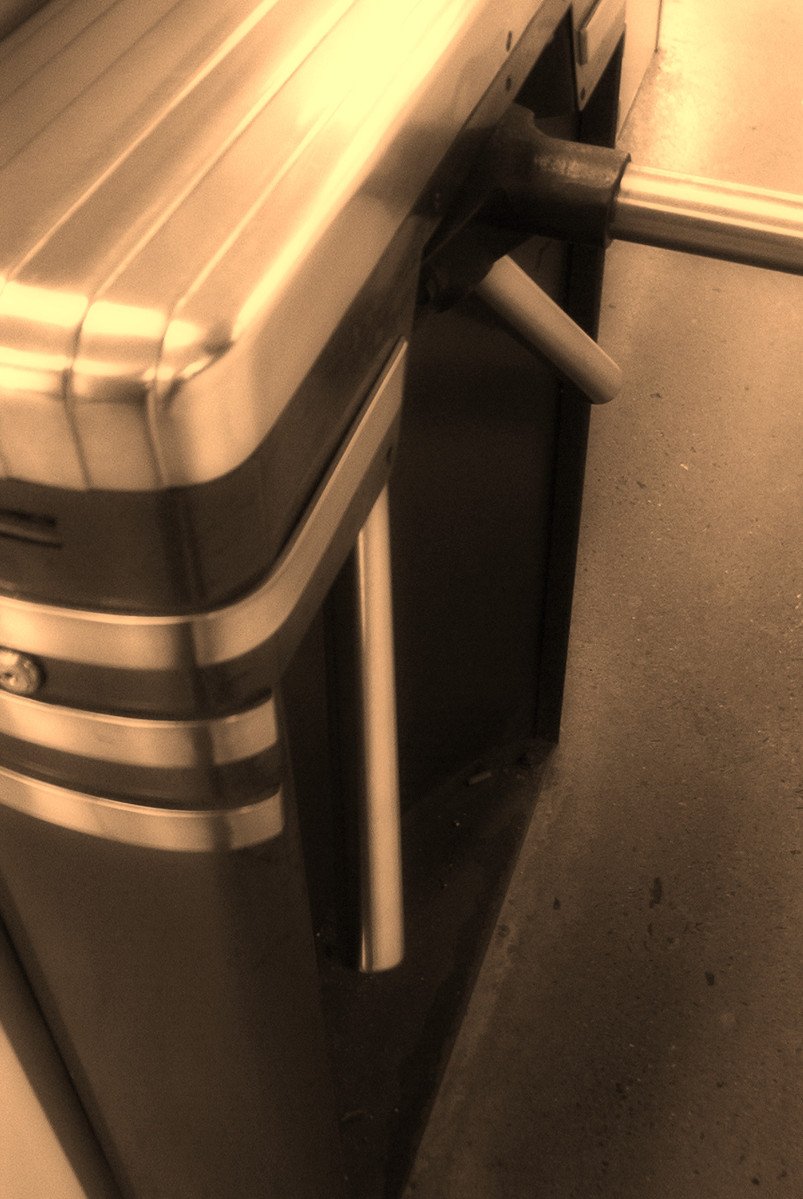

EVERY NOW and then we see things that are so obviously and blatantly corrupt. We've often wondered what it would take to finally see existing and former EPO managers in prison.
"We've often wondered what it would take to finally see existing and former EPO managers in prison."Several hours ago Robert Stoll showed us an example of American "revolving doors" and its notorious effect in Watchtroll, where he's ranting over SCOTUS in "What Happens to Diagnostic Method Patents After Athena?" (link omitted on purpose)
So basically, he's doing abstract patents promotion after his U.S. Patent and Trademark Office (USPTO) career -- a long career that culminated when he was a high-level official. He now works in the private sector, just like David Kappos the lobbyist (and former USPTO Director).
We don't wish to dwell yet again on American patent news (we try hard to abstain from it this year), but it seems clear that 35 U.S.C. €§ 101/Alice is here to stay for a very long time. Janal Kalis is, as usual, looking for unusual cases where the Patent Trial and Appeal Board (PTAB) gets rebuffed, but all he could find was nothing because the Federal Circuit continues to affirm PTAB decisions. Instead Kalis has just mentioned (again, as usual) a mere application: "The PTAB Reversed an Examiner’s 101 Rejection of Claims in a Thompson Reuters Patent Application: https://e-foia.uspto.gov/Foia/RetrievePdf?system=BPAI&flNm=fd2017006765-02-13-2019-1 …"
This is the kind of thing Robert Stoll hopes for and lobbies on. Never mind if he's misusing his former connections in a capacity at the private sector. These people are 'selling' 'access'. It is a form of corruption that sadly gets tolerated, especially under the Trump administration.
This now brings us to the EPO. Remember the notorious EPO Attaché Albert Keyack? Battistelli's "boyz" do exactly what he claimed to be trying to prevent by sanctioning 'low-level' staff such as examiners. Apparently the rules do not apply to Team Battistelli, whose members are free to break whatever rules and laws they want. Earlier today we read that "Kilburn & Strode hires former EPO US attaché" -- a classic example of revolving doors.
Kilburn & Strode LLP is a large law firm that's wooing the EPO and it's going to get easier with this new hire:
Kilburn & Strode has expanded its presence in the US after hiring former European Patent Office (EPO) attaché to the US, Albert Keyack, as vice president.
Keyack, who practised law solo for over a decade is also a former intellectual property rights attaché for South America for the US Patent and Trademark Office.
In his role at the EPO, Keyack acted in a liaison role with US-based applicants to the EPO.
The issue of "double patenting" arises in the EPO when one applicant files two European patent applications with closely related claims and the same effective filing date. A situation where double patenting commonly needs to be considered is when the claims of a divisional application overlap with the claims of its parent application. Under such circumstances it is necessary to determine how much overlap between the claims of the two applications should be permitted. The case law has developed such that the EPO will generally allow substantial overlap between the claims.
Double patenting considerations may also arise when a first European patent application claims priority from a second European patent application. Questions concerning double patenting in this situation were referred to the Enlarged Board of Appeal in February 2019. This referral should result in further clarification of EPO practice in relation to double patenting.